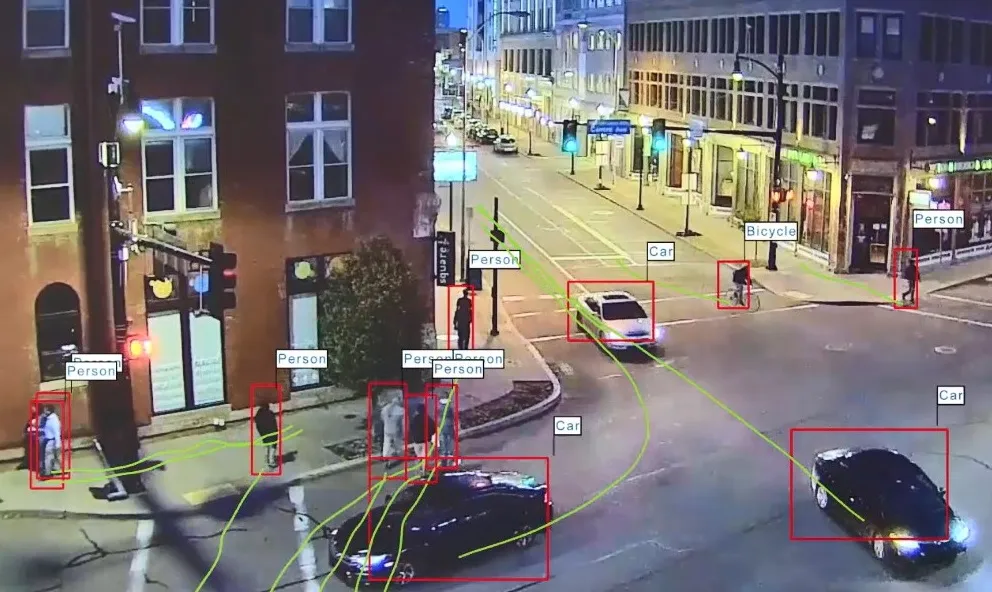The Swiss department for roads, Astra, is to expand its flexible speed limit systems. It already runs flexible speed limits on the approach to the Baregg tunnel and on the Zurich western bypass, but it is planning to expand this to include whole routes, such as the motorway between Zurich and Bern or Geneva and Lausanne.
The system uses sensors which measure the volume of traffic, and if the number of cars reaches a certain level, the system can either lower the speed limit itself automatically or alert a traffic control centre.
Astra emphasised that it was important that this took place before the volume of traffic leads to a traffic jam. The capacity of the roads is the greatest when cars travel at a constant speed of 85 km/h. Astra is also using other congestion reduction measures, such as using the hard shoulder as an additional lane, and banning lorries from overtaking in certain areas.
Switzerland expands flexible speed limits
The Swiss department for roads, Astra, is to expand its flexible speed limit systems. It already runs flexible speed limits on the approach to the Baregg tunnel and on the Zurich western bypass, but it is planning to expand this to include whole routes, such as the motorway between Zurich and Bern or Geneva and Lausanne.
June 19, 2013
Read time: 1 min










